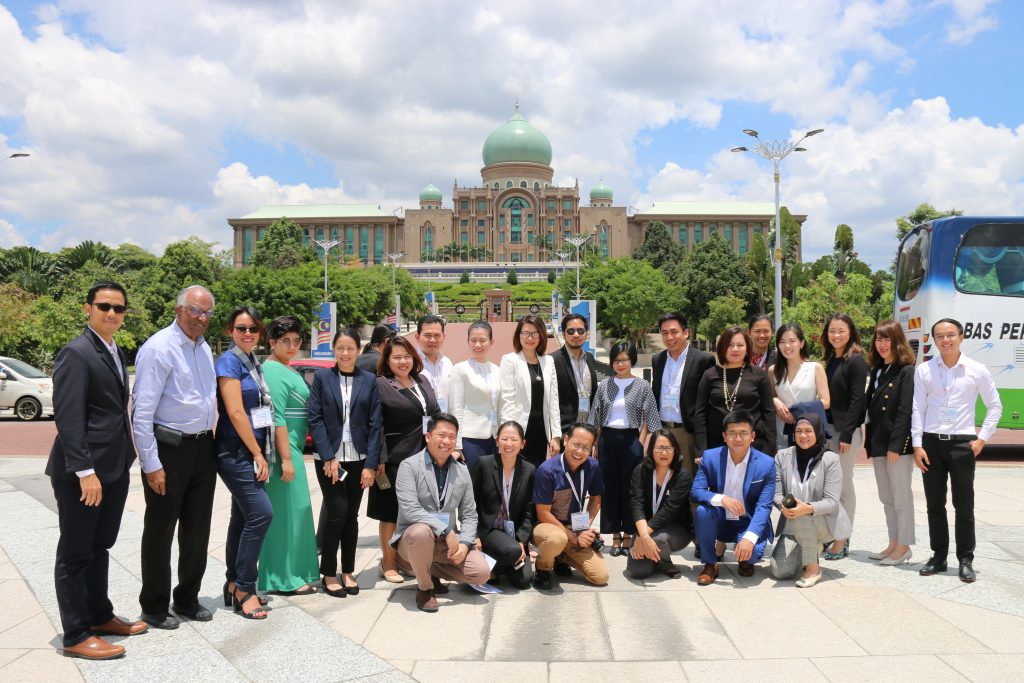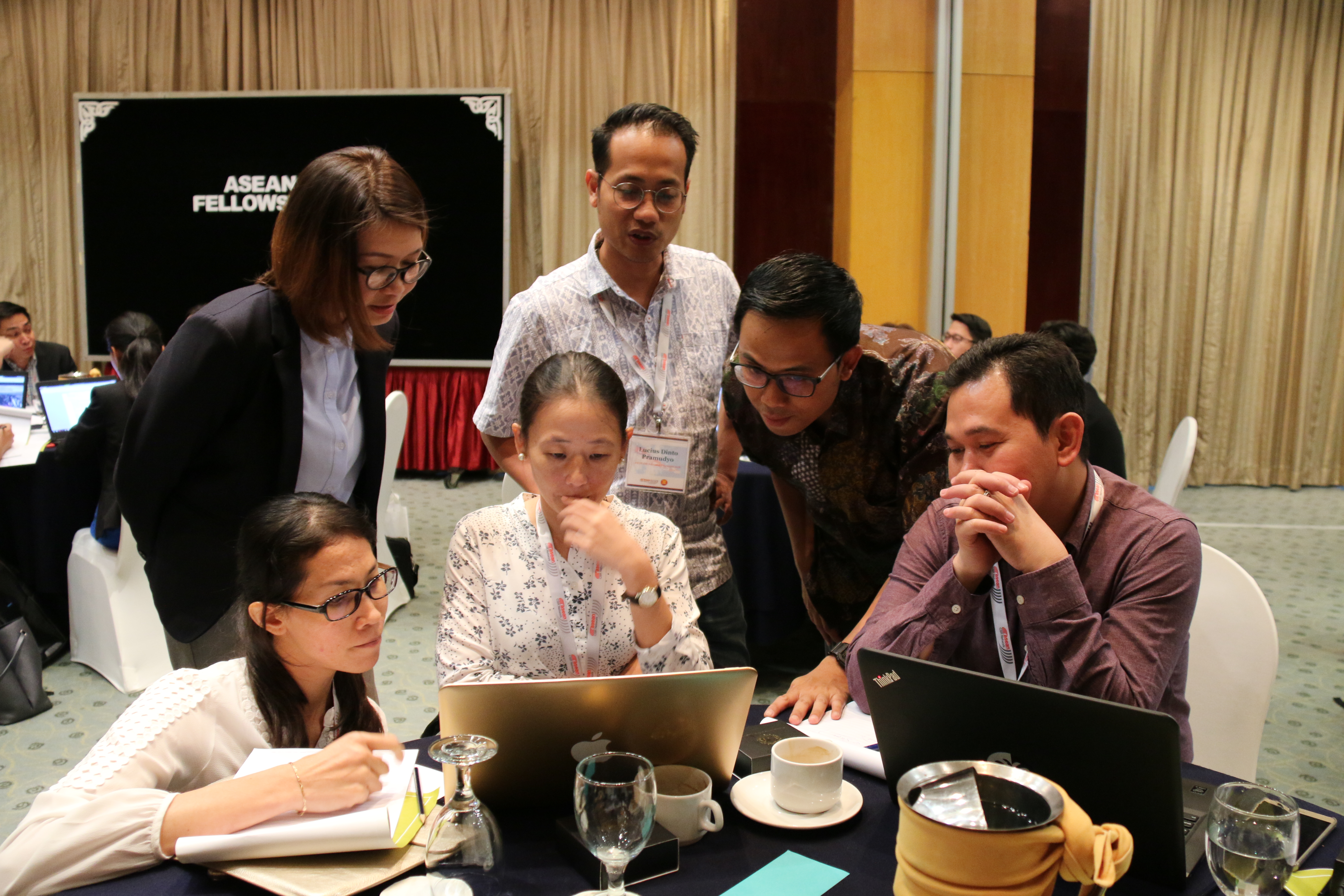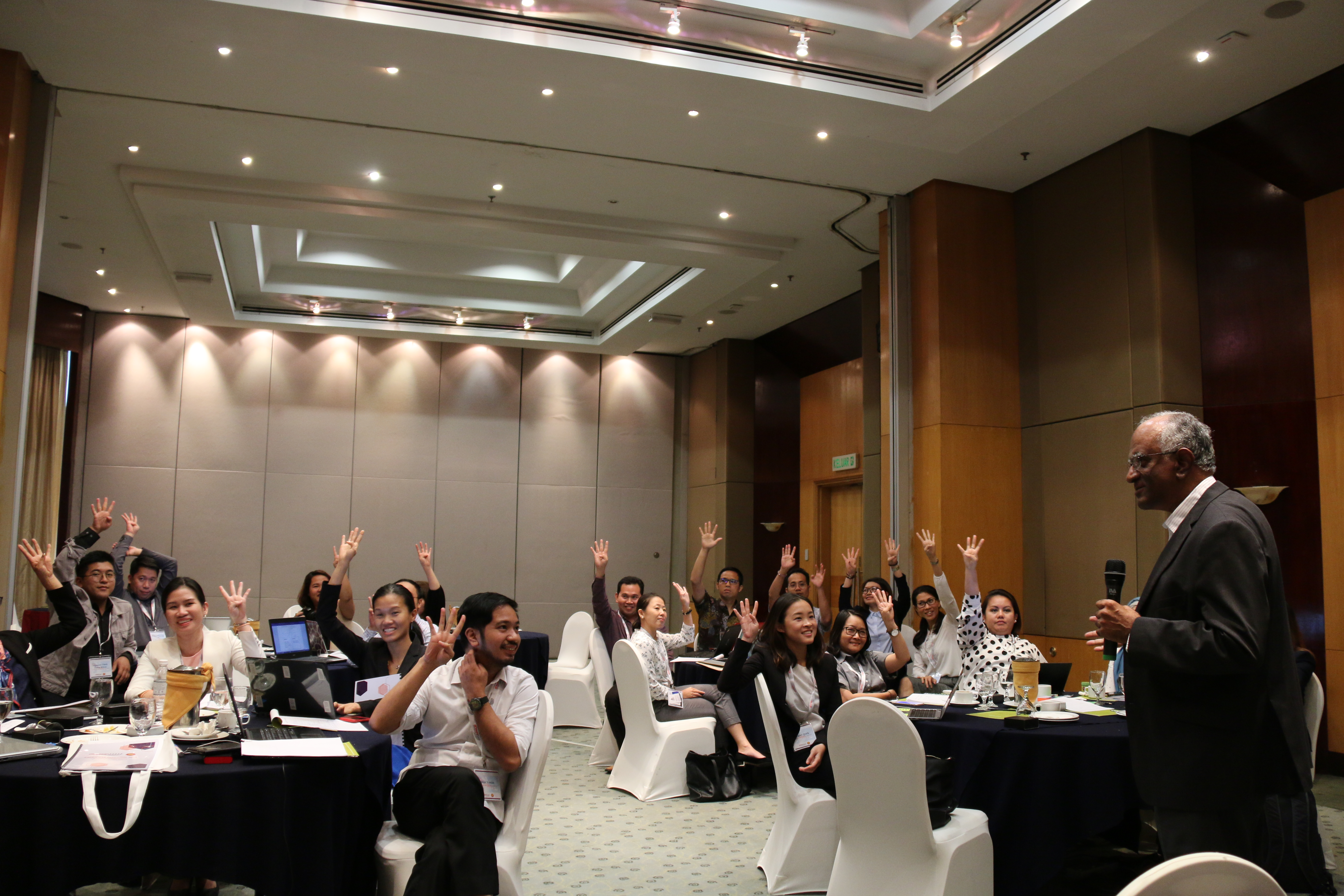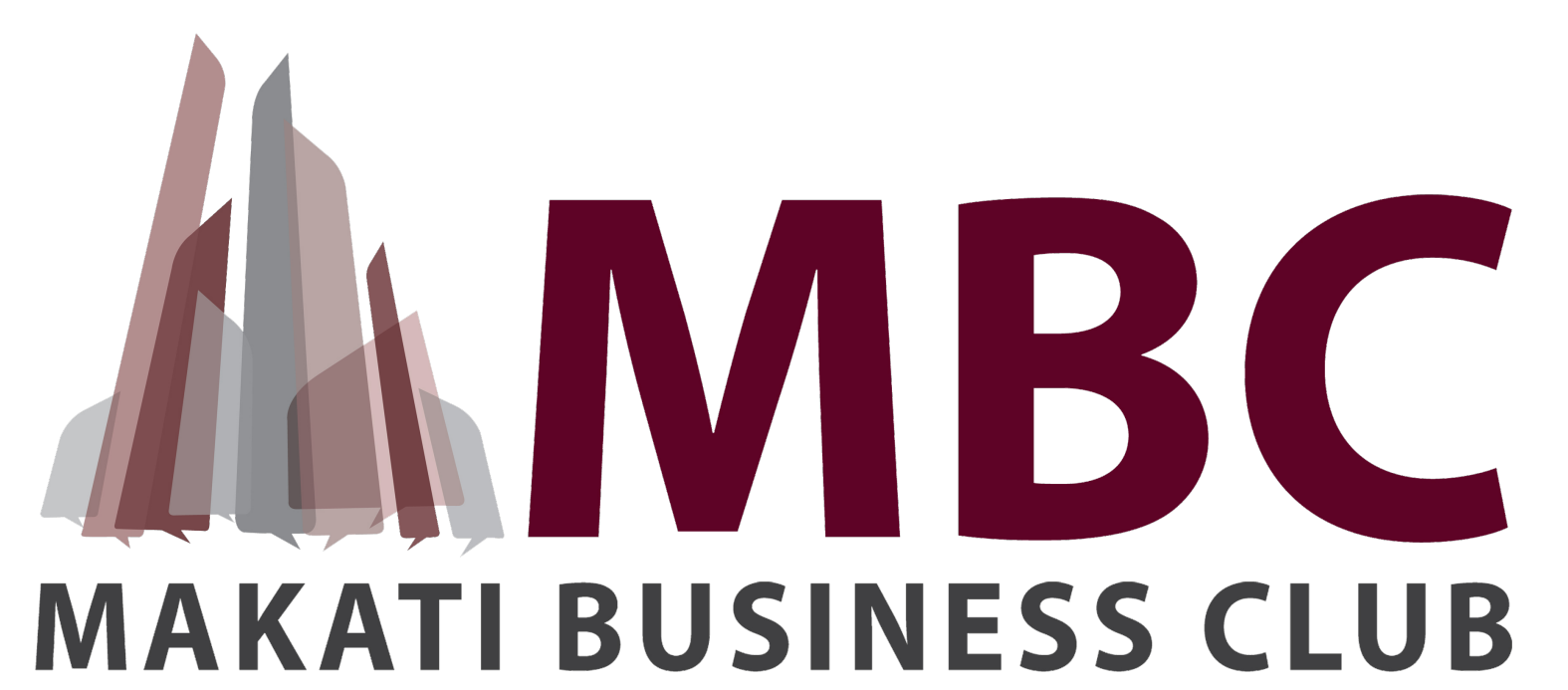
By: Maria Roxanne Lu
The ASEAN region is home to a large number of businesses, SMEs and corporations alike, that exemplify the true definition of responsible and sustainable business. Many of these cases have been featured in journals, articles and best-practice studies, but witnessing how companies implement inclusive business models and gaining inside learnings first-hand is a unique opportunity that few get to experience. That is why the ASEAN CSR Fellowship Programme, offered by the ASEAN CSR Network (ACN), is a valuable program in a way that it provides CSR officers and sustainability practitioners in the region direct access to the movers and shakers in the field of inclusive business, responsible corporate practices, and sustainable business.
For this reason, I am highly appreciative and grateful to be selected by ACN to join this year’s ASEAN CSR Fellowship Programme. As of this writing, we have visited Kuala Lumpur and Ho Chi Minh City, the first two of three visits in this year’s programme, and have met with government officials, corporate executives, experts and advocates of corporate social responsibility (CSR) to learn about initiatives that advance this important advocacy in both Malaysia and Viet Nam.
To say that our interactions and site visits were inspiring and eye-opening is an understatement. One important thing I have learned is that CSR is not just about giving back to the community in terms of philanthropic activities. The social responsibility of businesses is ingrained in its entire supply chain, from sourcing, production, pricing, marketing to after-sales service and community engagements.
Our week-long study tour in Malaysia, for example, gave us a greater appreciation of the joint efforts of government and the private sector in combating corruption which continues to plague many Asian societies, primarily because some businesses have not yet properly defined their parameters in promoting goodwill and separating it from goodwill with expectations. As the discussion on this topic deepens, it became evident to me that ASEAN’s relationship-based business culture sometimes blurs the distinction between the two; but this is where defined corporate policies and their strict and transparent application become crucial in preserving the spirit of healthy competition and clean business transactions. The same can be said for Viet Nam. Our visit to Intel Viet Nam, for instance, introduced us to the company’s clear and from-the-top policy against bribery and all forms of corruption which they publicly communicate for adherence by all employees and partners.
Our modules also highlighted the business sector’s role in upholding human rights. A case we tackled, highly relevant to Malaysia and Indonesia, is human rights in the palm oil industry. Business representatives from the palm oil sector candidly shared with us the continuing challenges the industry faces in handling migrant workers and in providing decent wages, but we were also introduced to companies, like Sime Darby Plantation Berhad, that ensure workers’ protection and the implementation of sustainable practices in their company. In addition, we had the opportunity to meet with the National Human Rights Commission of Malaysia in a session that made us realize the gravity of this problem for many unfortunate individuals. I, for one, shared how unethical and illegal recruitment still persists in the Philippines despite strong government and civil society efforts to eliminate this. Looking at some cases presented to us, it became apparent that conscious and deliberate efforts from the business community is needed in order to successfully combat this regional problem.
Since many cases involve migrant workers, the discourse between the fellows and resource persons shifted to the status of bilateral or regional agreements on human rights – and here we learned that ASEAN is committed to better protect the welfare of migrant workers in the region, albeit an agreement has yet to be crystalized between sending and receiving economies.
A visit to the Malaysia Prime Minister’s Office tied together our previous discussions on good governance and human rights in business. We learned about the Malaysian government’s initiatives in promoting integrity in public governance and preventing human rights abuses, but institutional challenges remain. What resonated in these interactions is that respecting and protecting human rights should be the primary concern of governments and businesses as they work to pursue regional prosperity, which definitely must not be attained at the expense of people.
Another interesting topic we covered is women economic empowerment. The National Council of Women’s Organizations in Malaysia graciously shared with us their research findings on gender diversity in the workplace, in C-suite positions, and in education. This session was particularly interesting for me as the Makati Business Club has just embarked on an 8-month long study on women’s participation in the top corporations in the Philippines, the end-goal of which is to recommend doable actions to encourage greater women’s participation in leadership positions. I also learned a great deal from my co-fellows on the economic opportunities of women in their respective countries, and I find that while the Philippines is perceived to be the most advanced in this area, there is still a lot we could learn from neighboring countries like Myanmar and Laos.

Sharing country experiences with my co-fellows, I realized that our region still has to address institutional and structural gaps in order to gain significant strides in achieving our social and economic goals. The business community, more importantly, has the responsibility to go beyond compliance and contribute directly and positively to societies. Having learned from our session with the Global Reporting Initiative, which offers a standard for reporting business impacts on critical sustainability issues, I have encouraged my principals in MBC to engage with GRI Philippines to promote sustainability reporting. In fact, we will be co-hosting a Sustainability Summit on October 3rd in Manila, as well as a CEO Breakfast Meeting with GRI the same day. We view sustainability reporting as one of the steps for Philippine business to do as they learn and adopt ways to contribute to the attainment of the 17 Sustainable Development Goals.
All of these in-depth learnings and exposure so far must be attributed to the tireless and dedicated ACN team under the leadership of its CEO, Mr. Thomas Thomas, as well as to the generous support of the Government of Sweden through its Embassy in Bangkok, the UK Foreign and Commonwealth Office and the National Youth Council, Singapore for funding this worthwhile programme. I thank them for giving us the opportunity to expand our understanding about CSR and providing us a platform to share our country experiences.
As we prepare for the third and final leg to be held in Myanmar in October 2018, my co-fellows and I have fully recognized our responsibility as ambassadors for responsible business in Southeast Asia by applying our learnings in our respective organizations and sharing business and social cases of CSR to our networks. More voices will, hopefully, propel more companies to do business the right way.

The ASEAN CSR Fellowship Programme 2018 is a cohort of 24 fellows from nine Southeast Asian nations coming from diverse backgrounds and expertise. Upon graduation, the Fellows will join an alumni network of past and present Fellows to continue the conversation, strengthen the advocacy, and encourage initiatives on responsible business practices in the region. For more information about the Programme and ACN, please visit:
The writer, Maria Roxanne Lu, is the Programs and Projects Unit Director of the Makati Business Club. She is one of this year’s fellows for the ASEAN CSR Fellowship Programme.
